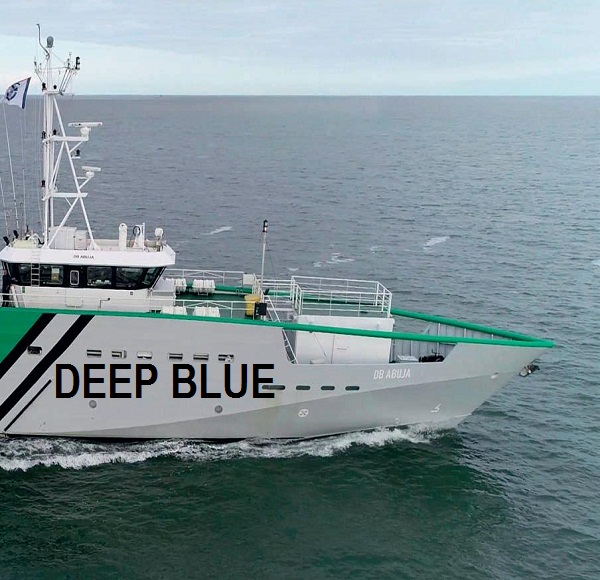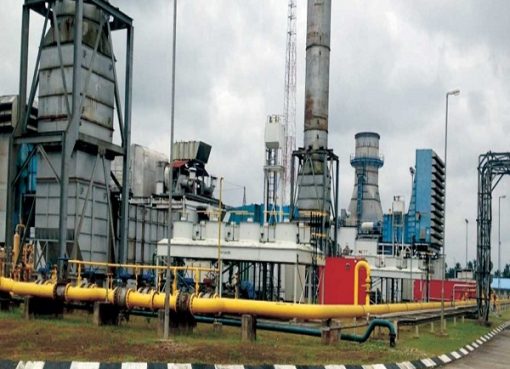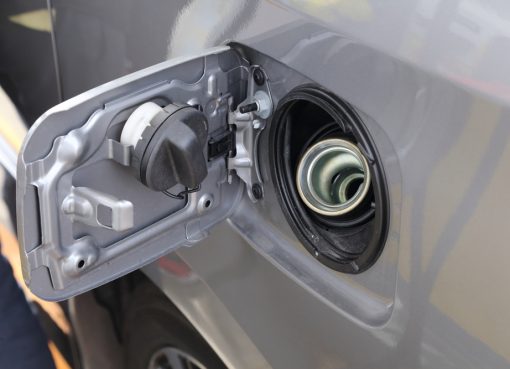President Muhammadu Buhari on Thursday launched the Deep Blue Project, the first integrated maritime security strategy for West and Central Africa regions to tackle the activities of pirates and terrorists.
Every time we talk about the war on terror, most of us limit ourselves to certain geographies and countries like Iraq, Syria, Pakistan and Afghanistan.
We do not talk about Nigeria, where 317 schoolgirls were kidnapped by terrorists in March. We do not talk about Mali, where 10 soldiers were killed in a terror attack in February.
We completely ignore Niger, where 56 civilians lost their lives in a terror raid in the month of January and we rarely see any international headlines on Burkina Faso, Algeria, Mauritania, Guinea, Chad, Ghana or Cameroun.
These are all countries witnessing a devastating surge in terror attacks. Many of them have become the riskiest places on the planet and it’s a huge mistake to assume that what these countries suffer has no bearing on the future security and stability of the rest of the world.
West Africa is witnessing an unprecedented surge in terrorist activities. It has been called the ‘new battleground for Jihadists’. The situation in West Africa is extremely volatile as evidenced by these statistics.
As of June 2020, 921,000 people have been forced to flee in Burkina Faso while 593 people have been killed. In Mali, 240,000 people were internally displaced and 592 people have been killed. And in Nigeria, 489,000 people have been forced to relocate while 1,245 have been killed.
Zainab Ahmed, Nigeria’s finance minister disclosed that Nigeria plans to borrow the sum of $1.76 billion from the domestic markets to fund the fight against insecurity. This was disclosed in a report by Reuters recently evening, after the FEC meeting.
“The council also approved an aggregate sum of N770.60 billion to further enhance the capacity of the defence and security agencies to address current and emerging security challenges in our country,” she said.
She added that the FEC gave the approval to draw down on some existing World Bank loans totalling about N39.58 billion as part of the financing source for the supplementary budget.
In addition, President Muhammadu Buhari has on launched the Deep Blue Project under the Integrated National Security and Waterways Protection, on June 10, in Lagos, a move that is meant to protect Nigeria’s waterways.
“With the deployment of the assets of the Deep Blue Project, we are entering another level of national security designed for total spectrum maritime security and better domain awareness using some of the latest technology. This effort to secure our waters will give Nigerians more leverage to harness the enormous resources of our maritime environment and aid the drive towards economic diversification,” Jamoh said.
He added that the main objective of the Deep Blue Project was to secure Nigerian waters up to the Gulf of Guinea and that the project had three categories of platforms to tackle maritime security: on land, sea and air.
The land assets include the Command, Control, Communication, Computer, and Intelligence Centre (C4i) for intelligence gathering and data collection; 16 armoured vehicles for coastal patrol; and 600 specially trained troops for interdiction, known as Maritime Security Unit.
The sea assets are two Special Mission Vessels and 17 Fast Interceptor Boats. The air assets comprise two Special Mission Aircraft for surveillance of the country’s Exclusive Economic Zone; three Special Mission Helicopters for search and rescue operations; and four Unmanned Aerial Vehicles.
The Deep Blue Project is the first integrated maritime security strategy in West and Central Africa with the aim of tackling the incidences of piracy, sea robbery and other crimes at sea.
According to a CSS Analysis report, 26 percent of the global kidnapping cases in 2013 were in Nigeria and were carried out by the Boko-Haram, the same report says that in 2011, the AQIM in Mali received US$5.4 million per hostage on an average, and let’s not talk about high profile kidnappings.
According to Vicki Huddleston, the former US ambassador to Mali, France had to pay $17 million in ransom. This was for the release of 4 French citizens in 2010.
So, while terror groups were raking in the cash, the pandemic hit. Twenty-twenty was a blessing in disguise for them. The Wuhan virus confined most of us to our homes; but for terrorists in West Africa, it provided an opportunity to consolidate and expand.
Boko-Haram in collusion with other terror groups now control large seeds of land in Nigeria and it’s extending its reach in Burkina Faso, Cameroun, Chad, Niger, even Sub-Saharan Africa.
What is the world doing about it? Not very much is been done. France which once had colonies in West Africa is the only country that is extensively engaging in combating terror in this region. It has deployed close to 5,100 military personnel and is helping local forces in pushing back terrorists. But the rest of the world is doing little.
Why? Most world leaders are making self-interested calculations when it comes to West Africa. They consider it to be a supposedly distant threat, one threat that has no bearing on the future security of the rest of the world. So, they are busy carrying out Air-strikes in Syria.
This next statement may sound politically incorrect, but it’s time someone said it. Africa may not have the same strategic significance as West Asia (it may not have the kind of oil that West Asia has right now), but it is the ‘Continent of the future’.
It still contributes almost 10 percent of the global oil output, 90 percent of the world’s platinum supply, 90 percent of the world’s cobalt supply, half of the world’s gold supply, two-thirds of the world’s manganese supply and 35 percent of the world’s uranium supply.
West Africa is critical to the world economy and security and terrorists in West Africa are setting up new fronts in failed states while the world is looking the other way. They are expanding in all directions, posing a serious threat to the economic powerhouses in Africa.
They could soon control or destroy these resources and hold Africa’s economies hostage (the reverberations of which will be felt around the world). And we are putting money as the thrust of this argument because human rights violations have long failed to move the world.
So, if it all comes down to money, the world should still be worried about what is happening in West Africa.
Source: businessday










